I Show Up As Myself So You Can, Too
I work with people who look capable on the outside and feel frazzled on the inside — burned out, overwhelmed, stuck in perfectionism, or trapped in relationship patterns they can’t escape.
If that’s you, you’re in the right place.
Online counseling in Pennsylvania, Florida, and South Carolina.
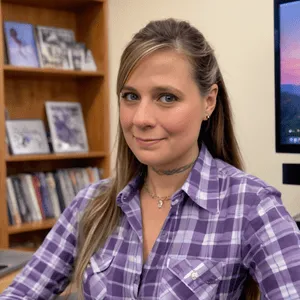
Hey There, I’m Chris Prebble, LPC
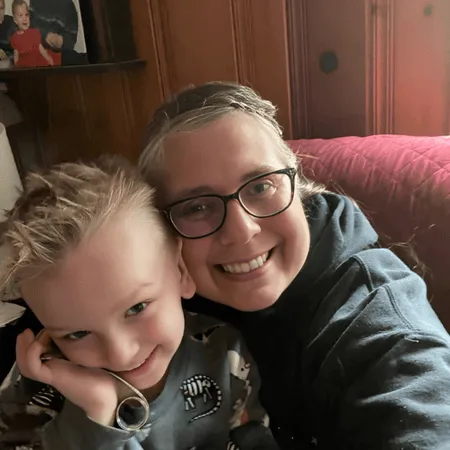
I’m a licensed therapist and Ethical Badass™ consultant with over 21 years of experience in mental health care.
I work with people who’ve done plenty of thinking, plenty of talking, and are ready for something to actually change.
I don’t do therapy theater.
I don’t hand out scripts.
And I’m not interested in watching you pretend you’re fine.
I show up grounded, direct, and human — so you can do the same.
Licensed in Pennsylvania
Registered in Florida & South Carolina
Who I Work With
I work with adults navigating:
• Burnout, people-pleasing, and chronic overwhelm
• Perfectionism and emotional exhaustion
• Identity shifts and relationship stress
• Feeling stuck, disconnected, or unsure who they are anymore
Many of my clients are thoughtful, capable, deeply self-aware — and still miserable.
That’s not a failure. It’s a sign that insight alone isn’t enough.
How I Work
I don’t sugarcoat — and I don’t waste your time.
My work is grounded, flexible, and responsive to real life — no checklists or one-size-fits-all worksheets. We slow things down enough to see what’s actually driving your reactions, then deal with it directly.
I use evidence-based approaches as tools, not as a performance.
Modalities used in my work include:
EMDR therapy, somatic therapy tools, parts work (ego state / parts-informed therapy), Cognitive Behavioral Therapy (CBT), Dialectical Behavior Therapy (DBT), Motivational Interviewing, and Impact Therapy.
You can expect me to be:
• Honest without being harsh
• Direct without being dismissive
• Warm without coddling
• Steady when things get uncomfortable
Ways to Work With Me
Individual Therapy
Weekly or biweekly online therapy for adults who are tired of pretending they’re fine and ready for meaningful change.
3-Hour Therapy Intensives
Focused, immersive sessions for when weekly therapy isn’t enough and you’re ready to deal with what’s actually underneath.
LPC Supervision (PA)
Burnout-aware supervision for pre-licensed therapists who want clarity, confidence, and ethical grounding without shrinking themselves.
Professional Consultation
Through the Ethical Badass™ Workshop & Practice Lab — designed for therapists, helpers, and other professionals who want to practice with honesty, edge, and integrity.
Outside the Therapy Room
When I’m not working, I’m probably reading, watching football or baseball (depending on the season), fishing, or riding with Dan.
I’ve learned to be comfortable not fitting in — including proudly wearing Michigan Wolverines gear in Happy Valley.
GO BLUE!
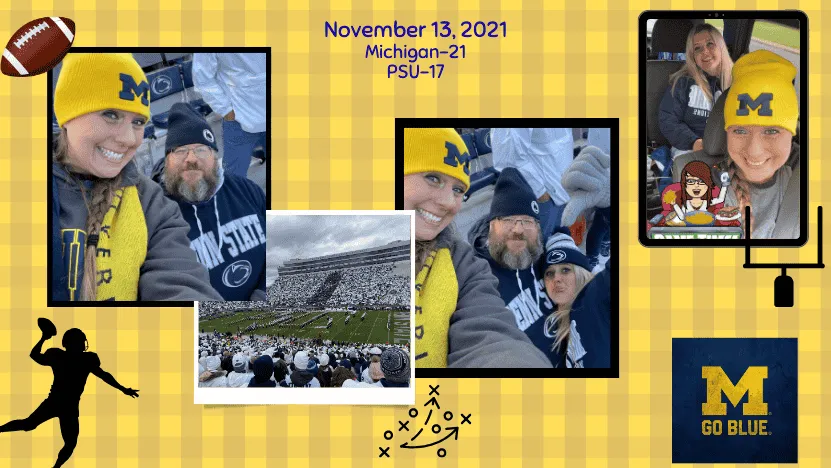
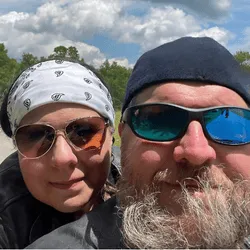
I grew up with seven brothers, which taught me early what it’s like to live inside traditional masculine expectations — "suck it up", "stop crying or I'll give you something to cry about", "don’t be a sissy".
That messaging leaves a mark.
A lot of my clients know it well. Therapy with me isn’t about proving toughness or pretending you don’t feel. It’s about putting that weight down and figuring out what actually works for your life now.
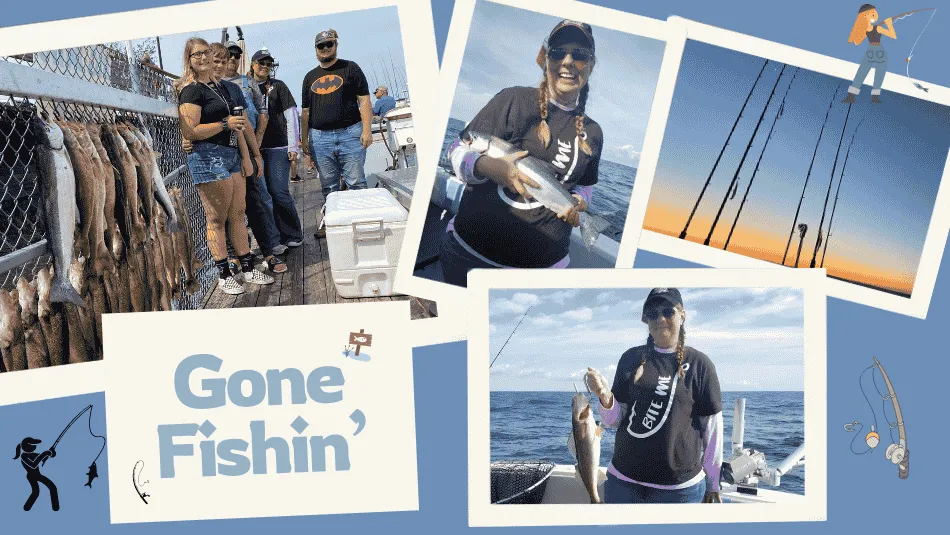
What’s Coming
Beginning late summer 2026, I plan to offer Therapeutic Fly-Fishing EMDR (TF-EMDR) Retreats — blending nature, movement, and trauma-focused therapy for people who do their best thinking outside four walls.
Ethical Badass™
I created the Ethical Badass™ brand for therapists and other professionals who don’t fit the traditional counselor mold — the ones who aren’t afraid to swear, name hard things, or get real when clients need it most.
It’s not about shock value. It’s about clarity, integrity, and showing up honestly in work that carries real weight.
Meet Our Social Work Intern
Bailee Maradeo, MSW Intern
Prebble Counseling Services supports Bailee while he completes his Master of Social Work at Grand Canyon University. He brings a strong background in human services, behavioral health, and values-aligned care.
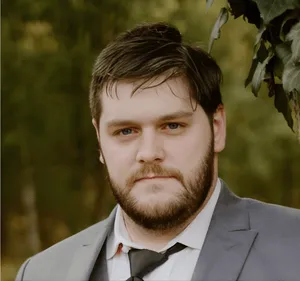
Known for his steady presence, deep listening, and respect-centered approach, Bailee helps clients feel seen and supported while keeping operations running smoothly behind the scenes.
As a non-clinical intern, Bailee is focused on building strong professional skills in an affirming, inclusive environment. His work reflects our shared commitment to ethical, grounded, client-centered care.
Ready To Begin?
If you’re tired of pretending, exhausted from holding it together, and ready for something to actually change, let’s talk.
Quick Links
Resources
Connect With Us
Prebble Counseling Services
Online therapy in PA, FL & SC
Licensed Professional Counselor | 21+ years experience
Telehealth only ~100% Secure & HIPAA-compliant
1646 North Atherton #1077
State College, PA 16803
Business Hours
Monday: 10am-8pm
Tuesday: 9am-8pm
Wednesday: 10am-8pm
Thursday: 10am-7pm
Friday: 11am-8pm
Saturday: Closed
Sunday: Closed
Registered Telehealth Provider Verification
🔐 Disclaimers
This site is for informational purposes only and does not offer crisis services or emergency care.
If you are in crisis, please call/text 988, call 911, or go to your nearest emergency room.
©2026. Prebble Counseling Services LLC. All Rights Reserved.